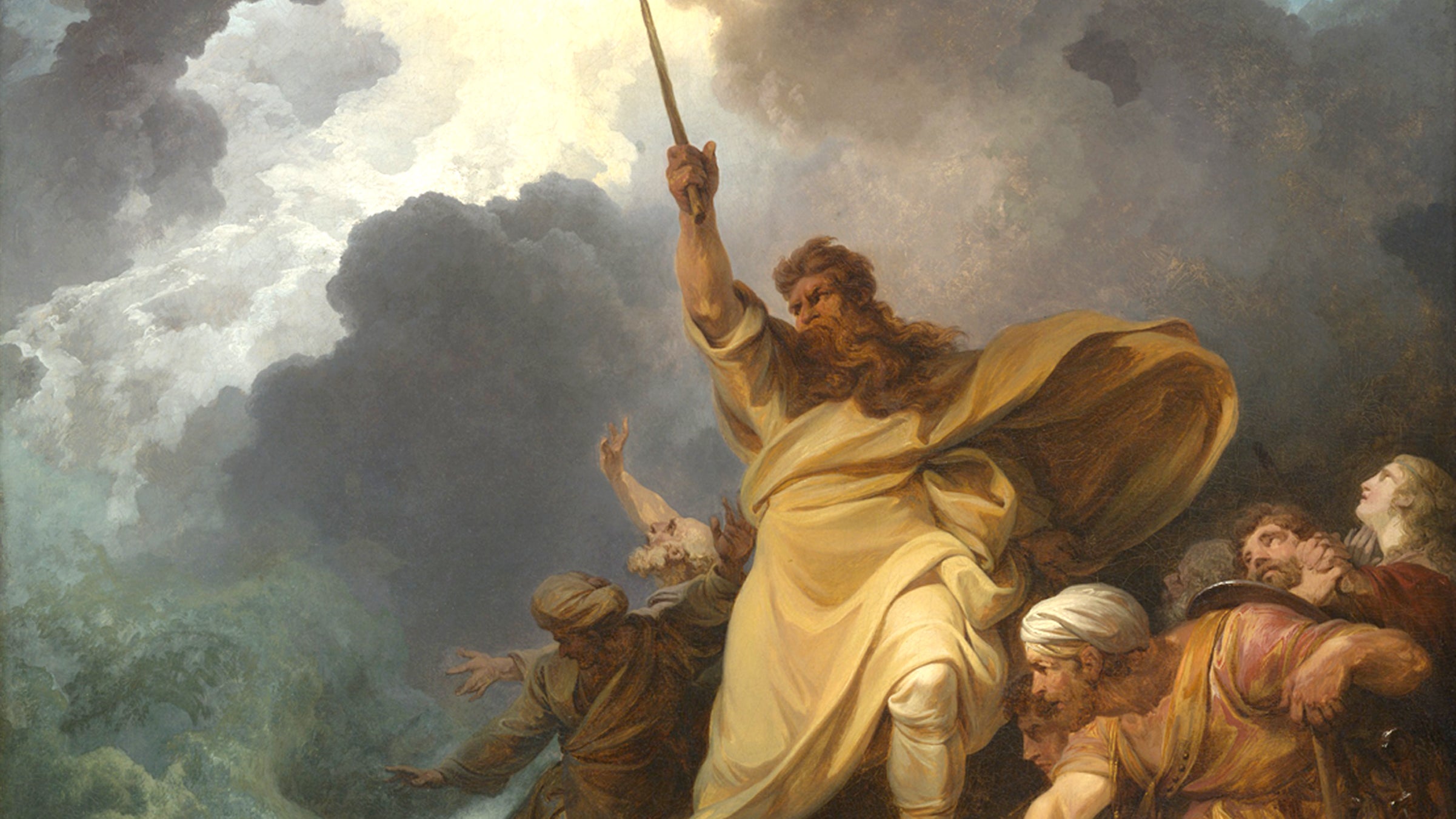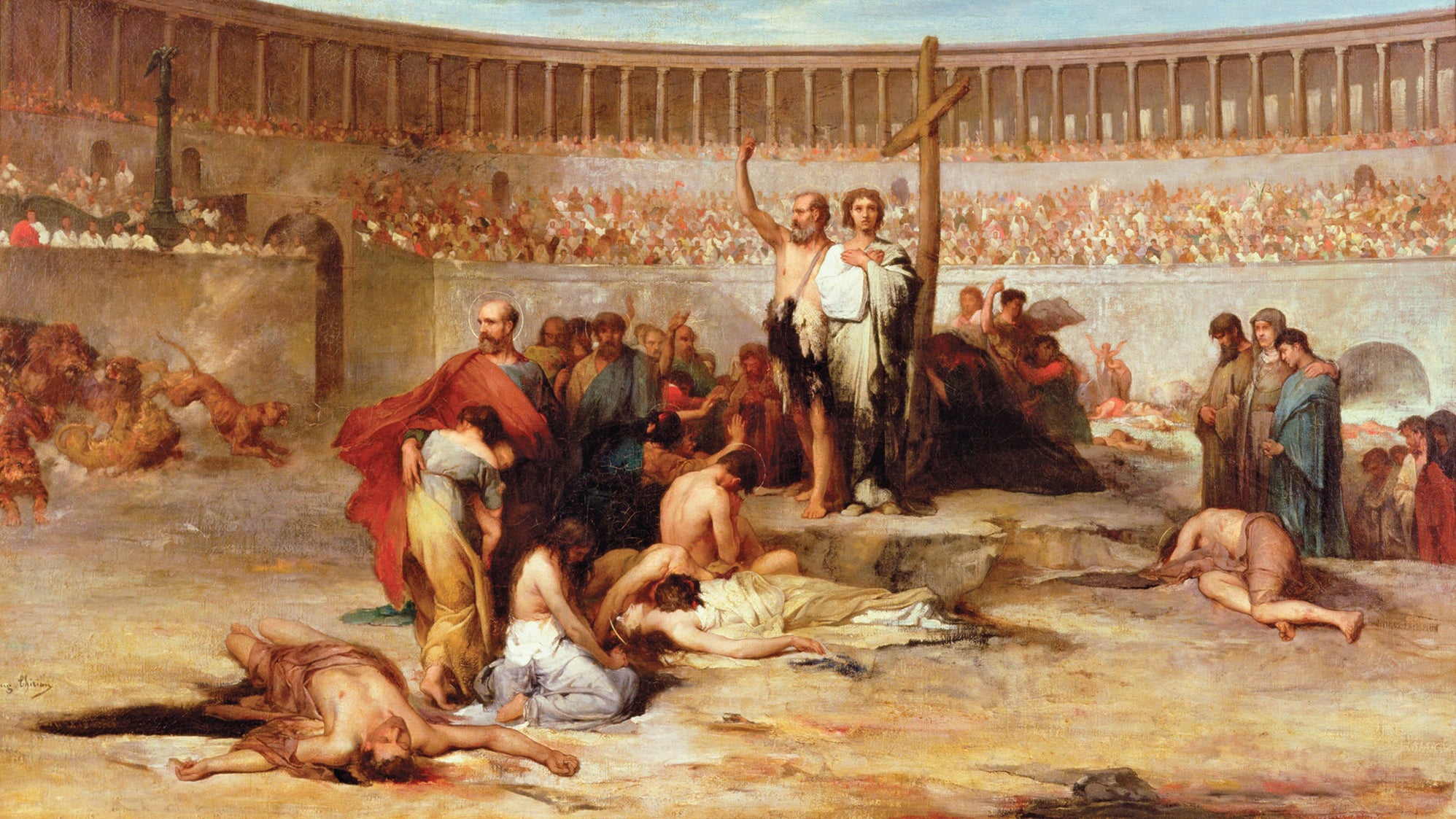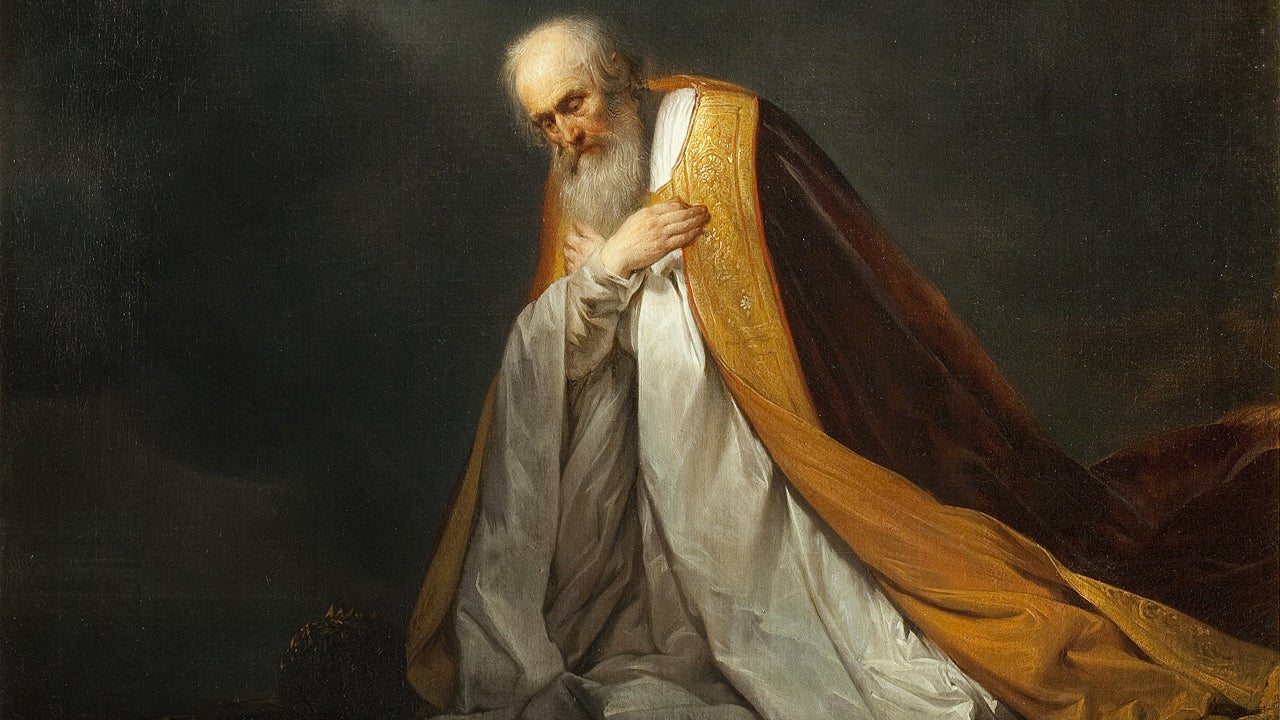
Start for FREE today!
Encounter the Faith and Wisdom of C.S. Lewis
C.S. Lewis’s writings bring the great questions of the Christian faith to life. Through his imaginative and invigorating style, Lewis answers these questions in ways that are compelling to those outside Christianity and energizing to those within the Christian faith.
In this free, seven-lecture course, Professor Michael Ward—a leading scholar of C.S. Lewis—will explore Lewis’s:
- argument for objective moral value in response to the rise of modern subjectivism;
- bittersweet path to conversion and the role of enjoyment in the Christian life;
- advice regarding the proper way to pray and read the Bible;
- teachings concerning the purpose of pain and how to confront suffering and loss;
- insights about the nature of heaven and hell.
This course examines these fundamental topics not only through his classic works—including Mere Christianity, The Screwtape Letters, and The Abolition of Man—but also through Lewis’s personal experiences with doubt, conversion, suffering, grief, and joy. Through this course, students will discover Lewis’s core lessons regarding the truth and goodness of the Christian faith and how to apply those lessons to one’s life.
Join Professor Michael Ward and discover C.S. Lewis’s enduring lessons about the meaning and practice of Christianity today.
Taught by:
Larry P. Arnn, President of Hillsdale College, Professor of Politics and History
Michael Ward, Distinguished Visiting Professor
Released 2022
Recommended Courses

C.S. Lewis on Christianity
Philosophy & Religion
C.S. Lewis is the best modern writer at explaining the truth and goodness of the Christian faith. Through his imaginative and invigorating style, Lewis answers the eternal questions of theology in a manner that attracts those outside Christianity and strengthens those within the faith. This course examines Lewis’s writings about morality, conversion, prayer, the Bible, suffering, and the afterlife.
7 Lessons
5.5h

The Exodus Story
Literature
Exodus is central to the Old Testament and the Gospels. It tells the story of God reclaiming His people. This literary study of the Book of Exodus examines man’s relationship to God, God’s mercy toward man, and the nature of human freedom.
8 Lessons
4.5h

Dante’s Divine Comedy
Literature
The Divine Comedy is one of the greatest works of Western literature. An epic poem in three parts, it tells the story of Dante’s journey through the afterlife: Inferno describes the suffering of souls warped by vice. Purgatorio explores the theme of repentance and the elements of good character. Paradiso reveals the true glory and freedom attainable with God.
10 Lessons
7.5h

Ancient Christianity
History
Christianity emerged into a world shaped by the Roman Empire, the Jewish faith, and Greek philosophy. This course explains how the revolutionary message of the Gospel spread throughout this ancient world and how early Christians practiced their faith, endured persecution, and addressed theological questions and controversies.
11 Lessons
9.5h

The David Story: Shepherd, Father, King
Literature
First and Second Samuel tell the story of Saul and David, Israel’s first two kings. These Old Testament books depict the importance of the relationship between father and son and the consequences of sin for the sinner, his family, and his nation. While David’s transgressions lead to great tragedy for himself and Israel, his penitence shows a path toward redemption.
8 Lessons
6h

The Genesis Story: Reading Biblical Narratives
Literature
Genesis is a book of fundamental importance for the Jewish and Christian faiths and has exerted a profound influence on Western Civilization. In addition to being a great religious text, it is also a literary masterpiece. This course explores some of the work’s major narrative themes, including the complex relationship between God and man, the consequences of a rupture in that relationship, and the path towards reconciliation.
6 Lessons
6.5h
What Current Students Are Saying
The lecture is wonderfully delivered. The material is both comprehensive and informative and actually brings clarity to many events occurring both before the coming of Christ, during his life on Earth, and during the developmental years of Christianity.